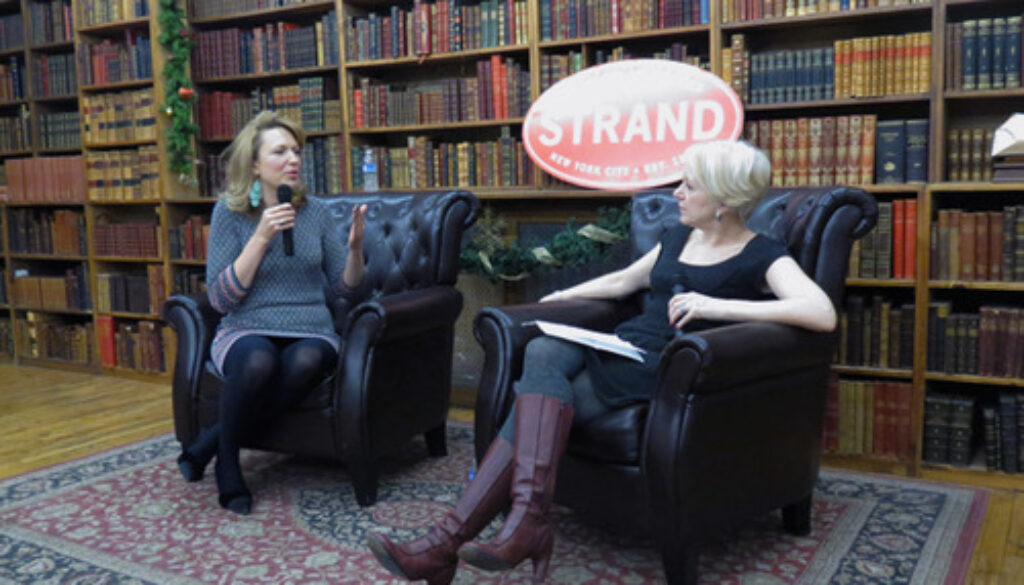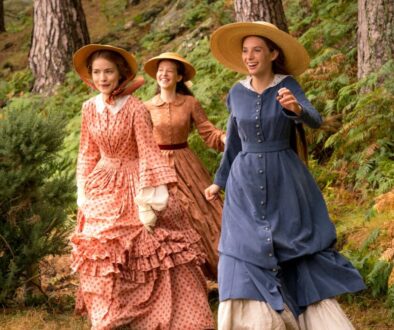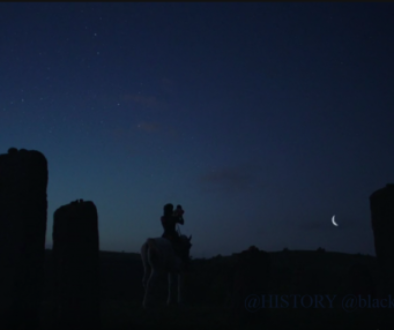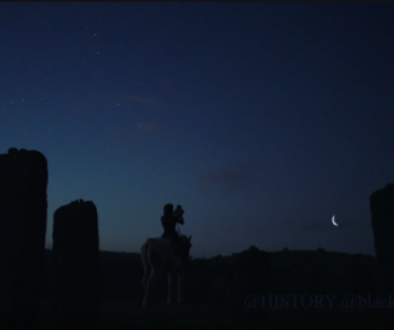TDHN Exclusive: Chronicles Of Downton Abbey At Strand Bookstore
Last week, NYC’s Strand Bookstore celebrated the release of the second companion book to the series The Chronicles of Downton Abbey. Author Jessica Fellowes was interviewed by Carol Wallace, whose book To Marry An English Lord inspired Downton Abbey.
Chronicles is the sequel to the book The World of Downton Abbey. Both books were written at the same time as filming. While World focused on the overall history and behind the scenes action, Chronicles focuses heavily on the characters. Each chapter focuses on the back stories and history of one or two characters. [As a note, both Chronicles as well as the rest of this article does not contain any Series 3 spoilers.]
Throughout the evening, many behind the scenes filming details were dished out. On the set, the actors pretend to eat in the dining hall scenes because the food is real but often congealed after several hours of filming. Highclere (where the upstairs scenes are filmed) is also incredibly drafty. Once the cameras are off coats are put on.
There was also plenty of insight into the writing process. Julian Fellowes based every character on the premise that people are naturally good natured. Some of the characters are based on the Fellowes family history while others are compilations of people from the period. As an example, O’Brien was based off a maid who was “polite as a courtier and manipulative" to the point of driving away all of her mistresses’ family. Robert’s resistance to change was very typical of those in his position at the time.
Several hints were dropped of what was to come in Series 3. The economic challenges of running Downton after World War I will form a major plot point. Chronicles foreshadows this by including a map of the estate. The new society required people with skills and business sense, not just a force of nature and inherited leadership. Cora’s bailout of the state is no longer enough to keep Downton viable. Some of the great houses survived through changes in business practices but others fell into disrepair. Some old homes were saved by the newly rich wishing to appear just like the old aristocracy. In some ways, Jessica Fellowes noted Downton has some apparels with modern society adjusting to rapidly changing technology.
Along with economic changes, Series 3 will also deal with shifts in expectations and roles. Upper class women like Edith wished to do more than household management. Middle and working class women are no longer content with domestic service and childrearing and were moving into the workplace. More women are also earning degrees. For the lower classes, more career options opened up after the war. Thousands left domestic service to pursue a wide variety of career options. In addition, more people were gaining access to education. Anything was possible, and this will be reflected in the storylines of Edith and Daisy in particular.
The Q&A portion of the evening raised several additional points of interest:
– Audience concern over the lack of racial/ethnic diversity has been noted and a new minority character will appear in Series 4. Details are still hazy.
– I asked if fans will see a tiny piece of the Jazz Age/flapper action in Series 3. Unfortunately, it is a few years too early for the trends the 20’s are most remembered for.
– Matthew becomes “magisterial” in upcoming episodes.
– Downton has remained in tact from the first drafts of the script all the way to the pilot. Executive meddling was not a factor in production.
– Whether the injured soldier really was Patrick Crawley or an impostor is a purposeful mystery. No one knows if he will come back in a future episode.
The event was a great way to kick off the final countdown until the Series 3 premiere. Can it be January 6th now?
Covering “Downton Abbey” events were my favorite assignments at TheDailyHeyNow. Many fans outside New York looked to me to recap what happened. Originally posted Dec. 6, 2012.




